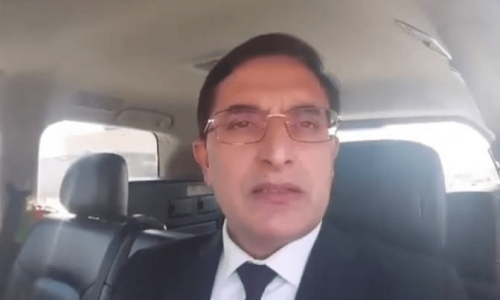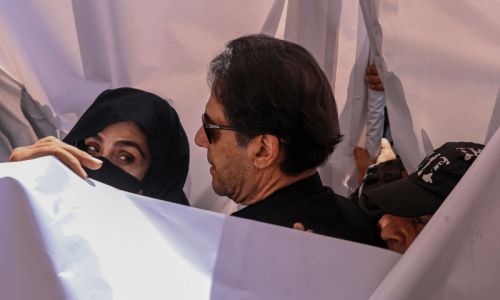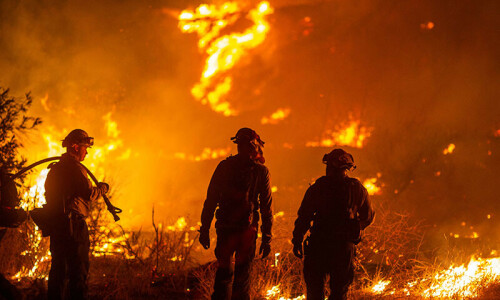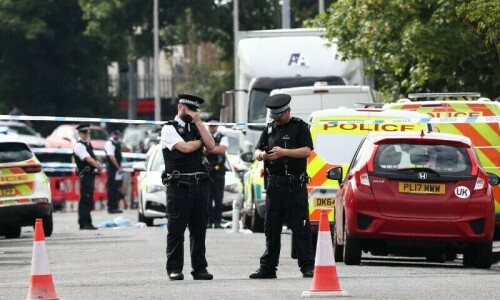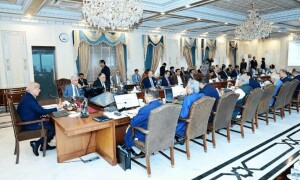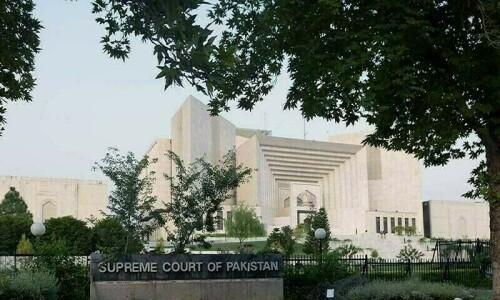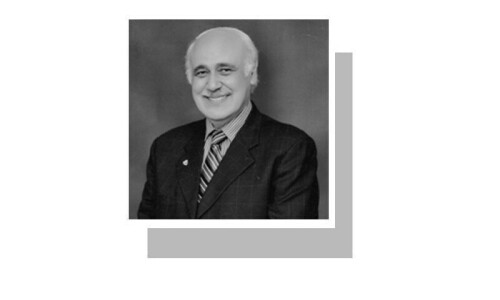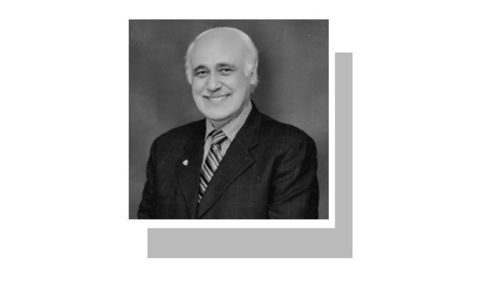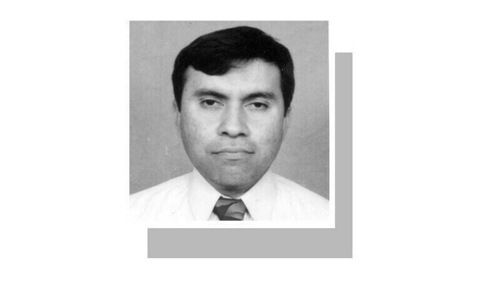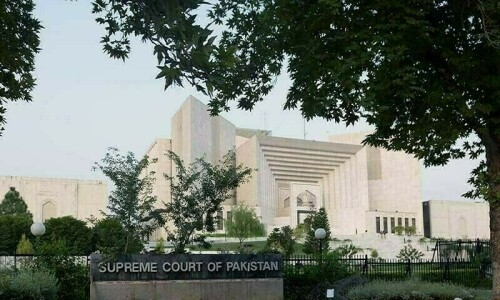EVER SINCE assuming office — in fact even before, while he was on the campaign trail — Donald Trump has been vociferous in his criticism of Iran.
Egged on by the hawks in his cabinet, the US president appears convinced that the only way to deal with the Islamic Republic is to set Washington on a collision course with Tehran.
While US-Iran relations have been confrontational ever since the events of 1979, possibly no American administration since the Islamic revolution has been as hostile to Iran as Mr Trump’s set-up.
America’s unilateral departure from the nuclear deal last year was perhaps the biggest indication that Washington is not interested in mending fences with Iran.
The listing of the Islamic Revolutionary Guards, as the Pasdaran are known internationally, by the US as a “foreign terrorist organisation” on Monday, means, however, that not only does the US want to isolate Iran, but also that the war lobby in Washington is itching for a confrontation.
This is the first time the US has designated a foreign military unit as a terrorist outfit.
The Pasdaran were created amidst the heat of the Islamic revolution, as an ideological force meant to protect the ideals of the new Iranian establishment.
Today, the force is Iran’s premier military unit; its external operations wing, the Quds Force, has been used by Tehran to project its influence across the region, including in Iraq, Syria, Lebanon and, reportedly, Yemen.
One state particularly worried by the Iranian moves in the region is Israel, which has welcomed the listing.
In fact Benjamin Netanyahu, who is currently fighting for his political survival in Israeli elections, has thanked his “dear friend” Mr Trump.
The message from Washington is that only the US — and its clients — are allowed to project power across their borders, and when it comes to the Middle East, only America can play hegemon.
However, the US should be the last to call out anyone for interfering in others’ affairs.
A brief review of the past few decades of Middle East history is enough to show that, far from nurturing democracy in the region, America has destroyed functioning states under its imperial nation-building projects.
The invasion of Iraq and the destabilisation of Syria are just some of the failed American experiments in the region that have left devastating consequences, including dysfunctional states and ethnic and sectarian fissures.
The US may have a bone to pick with Iran, but labelling a state’s military unit as ‘terrorists’ is strange; even during the height of the Cold War the US did not use such terms for the Red Army, and vice versa.
If the Trump administration is looking for a fight, then it should be aware that such recklessness may have unintended and uncontrollable consequences for all, particularly the people of the Middle East.
Published in Dawn, April 10th, 2019


















